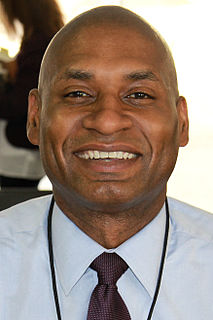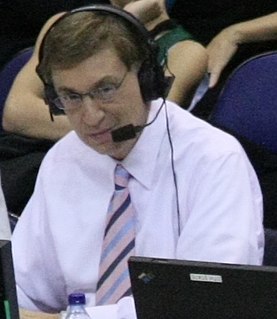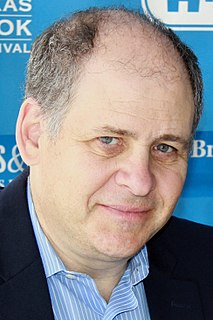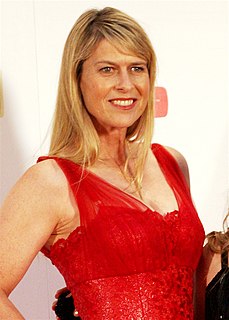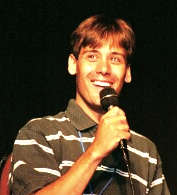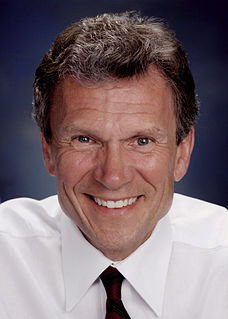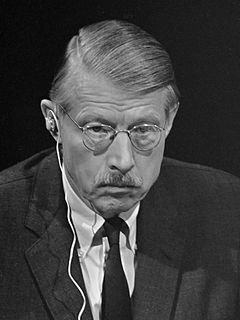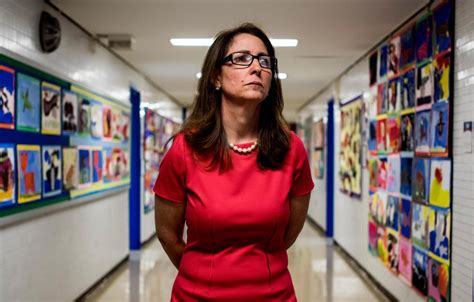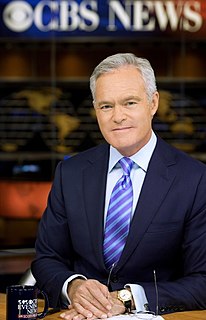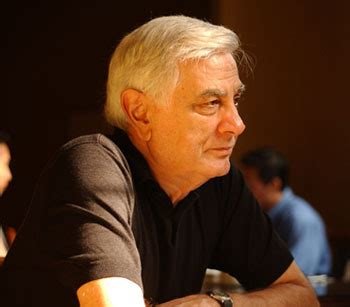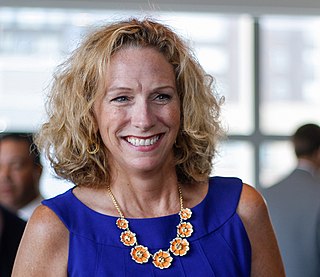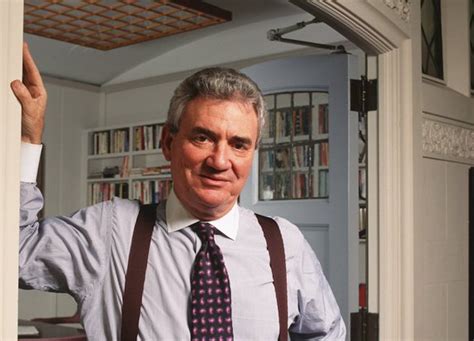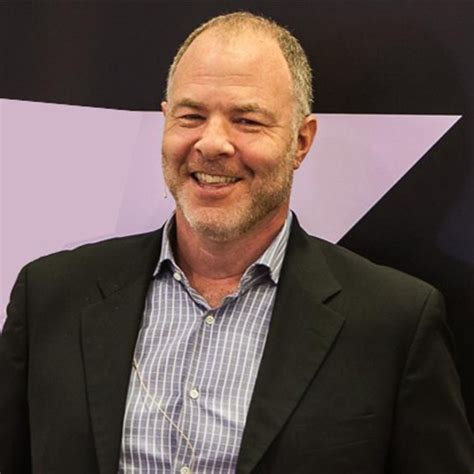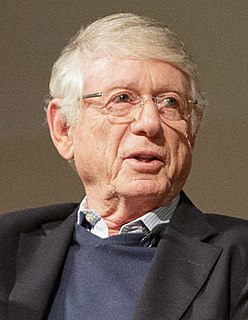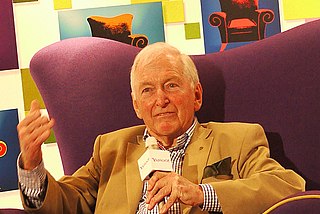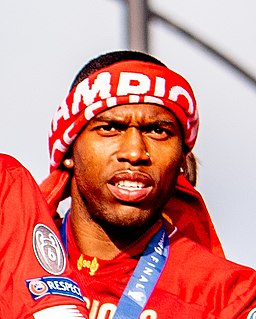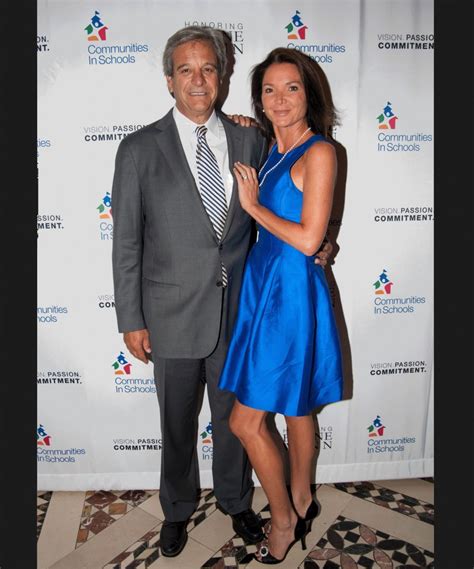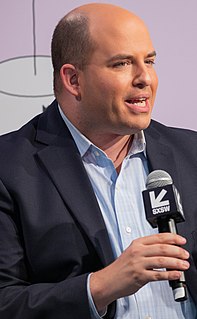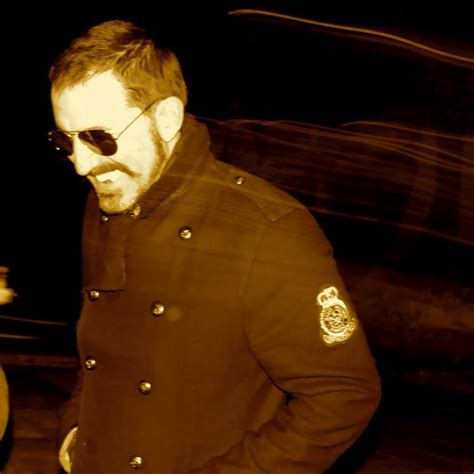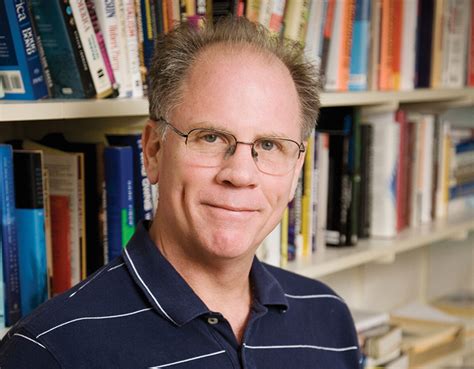Top 1200 Broadcast Journalism Quotes & Sayings - Page 19
Explore popular Broadcast Journalism quotes.
Last updated on April 19, 2025.
When I was a freshman in college, I went to a broadcast class by mistake. The first day, the instructor said, "Television anchors sound like they could be from everywhere and nowhere." From that point on, every time I was near an anchor, when no one was around, they would say something and I would say it right after them. It was this effort to get rid of my accent.
The Chicago Bulls’ Michael Jordan’s three-point explosion in Game 1 of the 1992 NBA Finals against Portland is easily one of the greatest performances I’ve ever seen. As he made his sixth straight, he winked directly at (broadcast partner) Mike (Fratello) and me and held his palms up in a shrug, as if to say, What can I do?
I always feel that it's weird that anyone else is watching one of my shows on any other TV than my own. It just seems bizarre that somehow it's being broadcast all over the world. I just feel really fortunate to be where I am, and really lucky to have the opportunity to do what I do, and I appreciate every single minute of it.
When politicians began to see that every last thing that they did in public could be broadcast to a mass audience, the fact that the stakes were so much higher now that every moment became fraught caused them to become more cautious, and the consultants very gradually but inevitably became literal reactionaries.
I think the most significant change in my life is the decision to do a series. An hourlong dramatic television series on a broadcast network swallows you and chews you up and refuses to spit you out. You're making a decision that's going to be a profound and significant impact on the practical aspects of your life.
Broadcasting golf is not like broadcasting baseball or football. You see the ball and the action through your own eyes. The story is unfolding in front of you. In golf, the story is unfolding here and there and everywhere. As the guy in the broadcast tower, you're getting it all on screens and from reporters in the field. It's a tricky business.
Things have evolved, and footballers pay a lot more attention to how they dress and how they groom themselves because of social media. So they'll be on Instagram or Twitter, and I think it's one of those things - you're in the public eye more, probably, than playing football on television, and your lifestyle at home is broadcast.
Researchers looked at news programs on major broadcast and cable networks between 2008 and 2012 and found that of those labeled as domestic terrorists, 81% were identifiable as Muslims - this despite the fact that FBI reports from the period studied revealed that only 6% of domestic terrorist suspects were Muslim.
